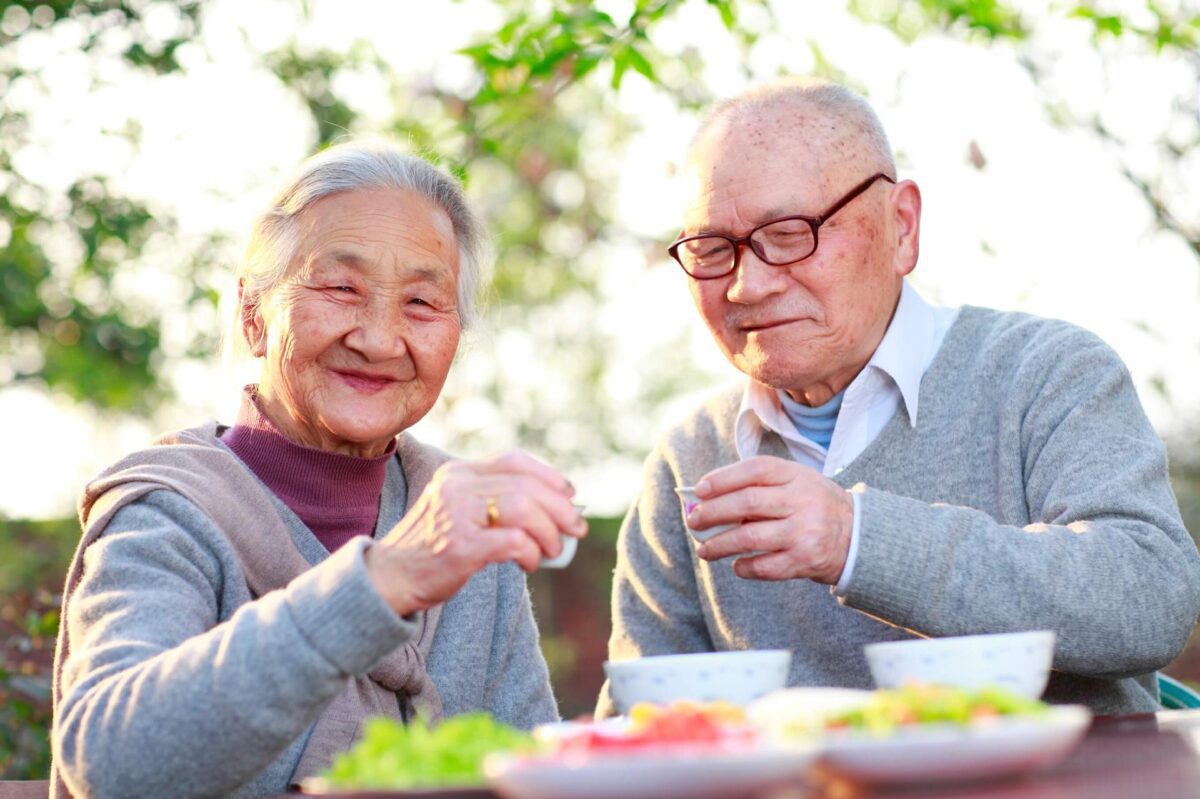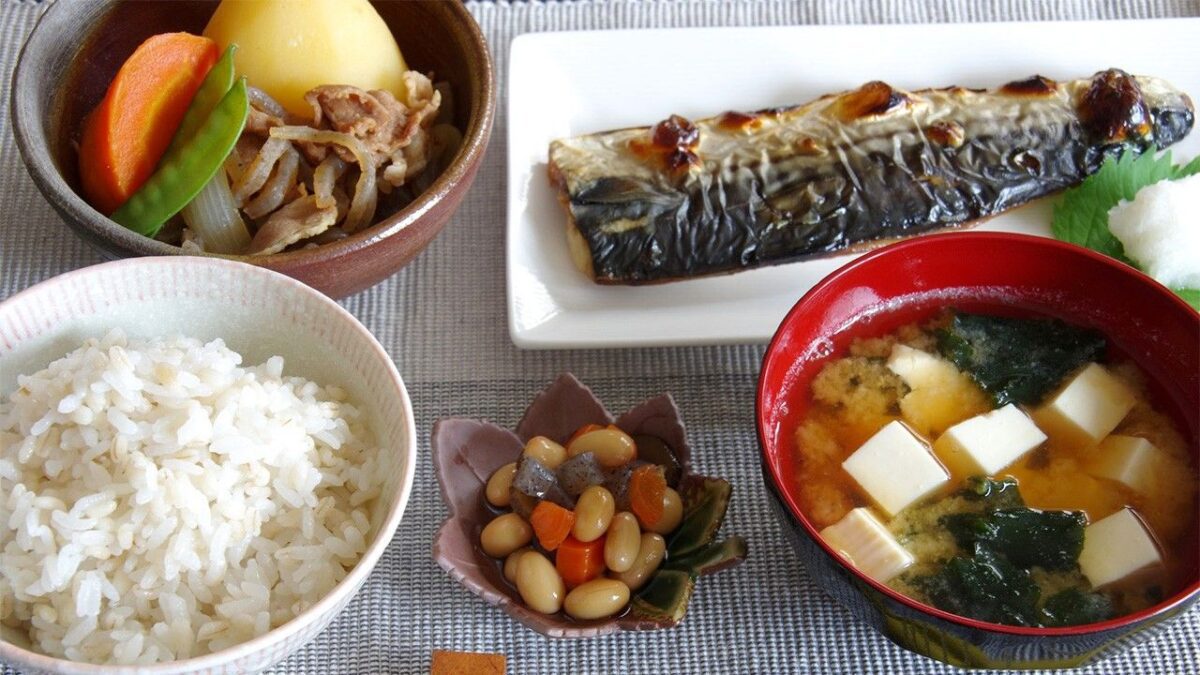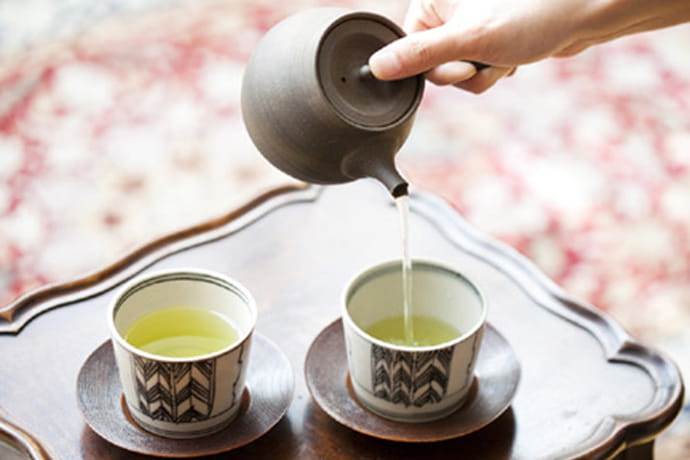The Japanese culture and history is one of the richest and most fascinating in the world. Globally, Japan boasts of having the largest population of centenarians. Their longevity has been attributed to their peculiar ways of life, most especially their cuisine and eating culture.

Beacon Of Balanced Diet
The Japanese diet is highly balanced and nutritional. Their staple meal consist mostly of seafood, rice, fruits and vegetables. Seafood is low in saturated fats but very high in proteins and nutrients. Foods such as fish and sushi contain Omega-3 fatty acids, Vitamins A and B and other minerals such as iron, zinc, magnesium, iodine and potassium.

Also Read: How to Make a Good First Impression in the 21st Century
All these contribute to healthy brain, eyes and immune system. Aside from that, rice is essential in providing them with energy and carbohydrates. To spice things up, they incorporate fruits and vegetables into their meals, which provide them with more vitamins and fiber as well. Vegetables are also a great source of anti-oxidants, as they are essential in inhibiting the production of radical cells in the bodies. When in excess, radical cells can cause more harm to the body, including pre-mature aging.
Chado
The Japanese also have tea ceremonies known as Chado. Chado, which simply means ‘The way of tea’ is an old Japanese tradition, in which the host and the guest spend their time over a bowl of tea.

In addition, the Japanese are also widely known for their habit of taking green tea. A habit that seems to be taking deep roots in other countries as well due to its immense health benefits. Green tea is a medicinal beverage that acts as a dietary supplement as well. It contains Catechins, which are antioxidants that prevent cell damage. Green tea also improves mental alertness, relieves digestive symptoms and headaches and promotes weight loss. Examples of green tea include; Sencha, Fukamushi, Matcha, Tencha, Gyokuro etc. 7 Proven Health Benefits of Matcha Tea
Hara Hachi Bu
The Japanese live by a code that controls their eating habits. ‘Eat until you are 80% full’ (Hara Hachi Bu) is a form of mindful eating that mainly aims to control calorie intake. The Hara Hachi Bu can be practiced and mastered through the following ways;

- Decelerate: Taking things slow while eating allows one to listen to their bodies and get cues. Always keep in mind that the goal of eating is not to get full but to quit feeling hungry.
- Concentrate: It is essential to dedicate meal times solely to meals. One secret to fully concentrating on your meals lies in doing away with distractions. This way, one gets to eat as a way of supplementing their bodies and not as a way of passing time.
- Moderate: Cultivate the culture of Hara Hachi Bu by serving food in small proportions. The most effective way around this is through eating from smaller plates.
Subscribe to Switch TV















